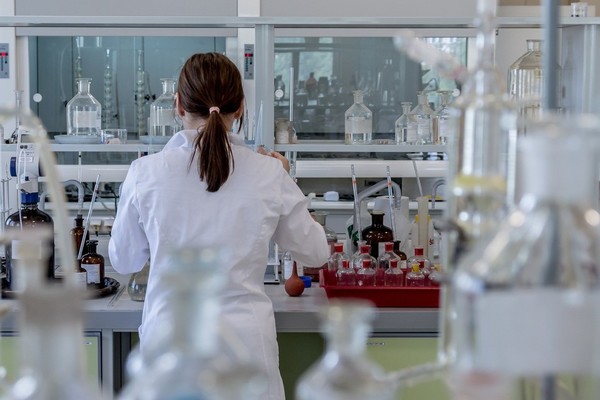The U.S. FDA authorized the first interchangeable biosimilar insulin, signaling a sea change in the biopharmaceutical industry.
The recognition of the interchangeability is likely to positively impact Korean companies planning to enter the U.S. biosimilar market, observers said.

On Wednesday, the FDA approved Mylan’s interchangeable biosimilar insulin product, Semglee, and allowed it to be substituted for the original reference drug.
Semglee, used for diabetes treatment, is a biosimilar of Lantus, developed by Sanofi. It became the world’s first biosimilar to be recognized as interchangeable with the reference drug.
The FDA’s green light to the interchangeable biosimilar is expected to have a seismic influence not only on the biosimilar market but the overall biopharmaceutical industry, industry watchers said.
The FDA said its approval could help increase access to antidiabetic medications for 34 million American diabetic patients and lower the drug cost.
In the U.S., biosimilars are known to be 15 to 35 percent cheaper than original medicines.
“This is a momentous day for people who rely daily on insulin for the treatment of diabetes, as biosimilar and interchangeable biosimilar products have the potential to reduce health care costs greatly,” said Acting FDA Commissioner Janet Woodcock.
Biosimilars encourage competition in the biological drug market and boost access to safe, effective, and high-quality medicines at potentially lower cost, she went on to say.
The FDA’s approval of the interchangeable biosimilar solidified the regulator’s commitment, she added.
In January 2017, the FDA issued guidance on interchangeable biosimilars, titled, “Considerations in Demonstrating Interchangeability With a Reference Product.”
The guidance states that to obtain the FDA’s approval for an interchangeable biosimilar, the product should prove that it could show the same clinical result as the reference drug “in any given patient.”
Also, the product should not show a difference in safety and efficacy even when the patient switches from the original drug to the biosimilar.
If a biosimilar passes the strict review process and wins the nod as an interchangeable biosimilar, it can be substituted for the original drug without the intervention of the prescribing doctor.
The Korea Biotechnology Industry Organization (KoreaBIO) said the FDA’s grant for the interchangeable biosimilar would change doctors’ and pharmacists’ perception of the product, in a report on Thursday.
When biosimilars were released mostly in Europe, people expected that they would compete with original drugs within the existing biological market. Still, the two sides created a synergy, and the biological market rather expanded, KoreaBIO said in the report.
“The designation of the first interchangeable biosimilar is expected to bring positive changes to the U.S. biosimilar market, which has failed to expand dramatically so far.”
Korean biosimilar makers are anticipating that the FDA nod will benefit them in the U.S. market.
Developers of local biosimilars include Samsung Bioepis, Celltrion, Dong-A ST, Chong Kun Dang, Alteogen, and PharmAbcine.
Samsung Bioepis and Celltrion are broadening product lines in the North American market.
However, the FDA’s review on an interchangeable biosimilar requires a separate clinical trial, which could be a new technical hurdle, observers said.
Semglee won the FDA approval as a biosimilar in June 2020 but obtained an additional nod as an interchangeable biosimilar recently.
The arrival of the replaceable biosimilar is a positive sign for domestic biosimilar manufacturers, but they needed a long-term view, industry officials said.
“We have to watch it for a while. The U.S. government is using various policies to lower drug prices, and this is positive for the biosimilar market,” an official at a biosimilar developer said. “But Korean companies still face challenges to pass the FDA review and release the product. So in the end, their success will hinge on the entry to the U.S. market.”
An industry executive said an application for approval for an interchangeable biosimilar needs a separate review process, but no Korean company was preparing for this.
“If any company had prepared, it must have disclosed it already,” he said.
An official at another biosimilar developer said Korean companies find it extremely difficult to enter the U.S. prescription drug market.
This is because there are many stakeholders such as wholesalers and retailers in the U.S. drug market, compared to Korean, and leading pharmaceutical companies owning many original drugs dominate the biological market and check against biosimilars aggressively, he explained.
“If a biosimilar can be replaceable for an original drug at the pharmacy level in the U.S., it will benefit Korean companies,” the official added.

